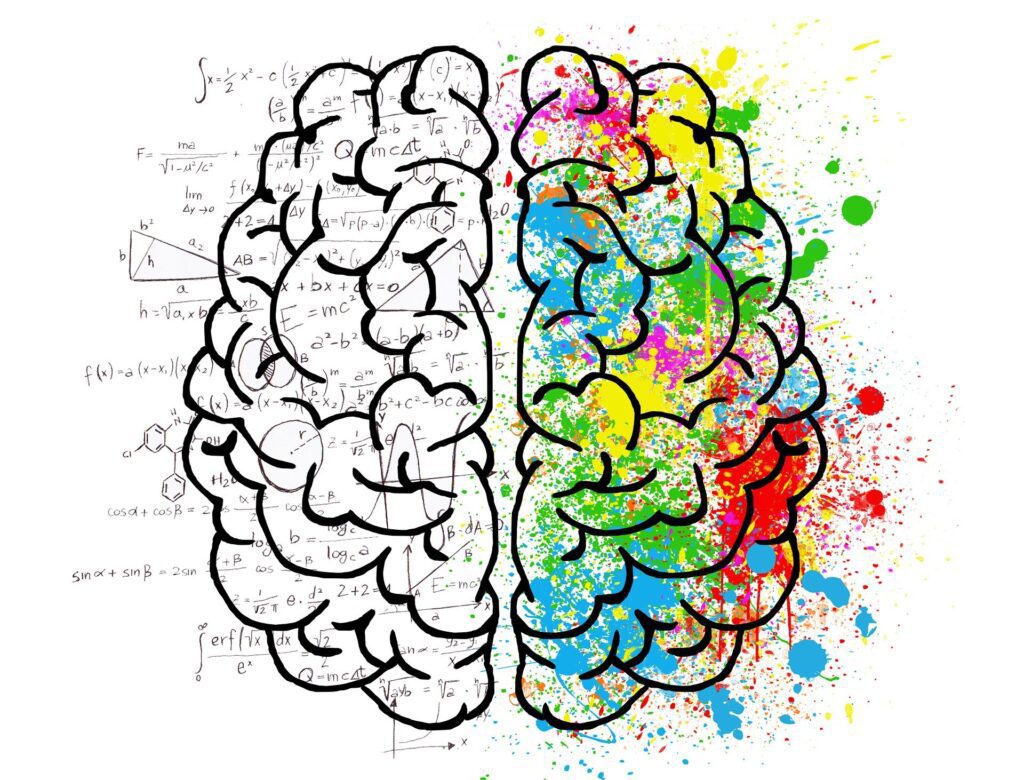Marketing works in steps. There’s no “marketing works best here” area of the brain, so there’s no single, simple way to target people in a way that’ll get them to buy your product, visit your store, or read your pamphlet. That’s why the best ad campaigns diversify – when you want to cover a lot of bases, you’ve got to hit a lot of runs.
What’s more, the best marketing works not by simply saying, “Hey! Here I am and I’m the best!” The best marketing works by building relationships and establishing trust. This means generating a surfeit of leads, nurturing friendships with potential prospects, asking for referrals from satisfied customers, and conducting your business in an upbeat and honorable way.

Marketing works by being memorable
OK, so maybe the commercial we mentioned in the beginning of this piece wasn’t the best example of “building relationships” or “establishing trust.” Certainly, a headache-remedy commercial that implores you repeatedly to “APPLY DIRECTLY TO FOREHEAD!!!” is doing very little to earn your trust. But the truth is that both methods work toward the same ends.

The reason the annoying headache-remedy ad works is because it combines repetition with irritation – two things that work really well in concert, as anyone who’s ever had “Who Let The Dogs Out?” stuck in his head can attest. It fulfills one of the primary goals of good marketing, which is to firmly lodge your name in the customer’s head.
Of course, that’s only the first half; marketing works only if the follow-up is just as memorable as the attack – and in a positive way. If everyone who bought the headache remedy advertised in the annoying commercial got a blistering rash on his forehead, then the marketing plan hasn’t worked. Part of marketing is providing high quality. If you market a cow pie as the best roast beef sandwich in the world, you won’t have to sell many before people figure out that you’re not selling the part of the cow they’re interested in eating.
There’s no easy answer
Marketing works through a complicated combination of learned experience and trial-and-error. It works when you understand your audience as much as anyone can understand anything, and when you can spot both their needs and wants from a mile away. It works when you know what your client is going to need before she does. And it works when you consistently and creatively turn out a quality product or service.

There’s no easy answer, and there’s no magic bullet. Marketing works by hard work alone.
BRAND CHOICE IS PSYCHOLOGICAL
“Our brand’s success is driven by competitive price and functional features,” a global marketer told me recently. “That’s how we’ll gain penetration and market share.” Translation: customers make their choices logically. Reality check: nearly every contemporary social scientist would disagree.
Humans are only partially rational, mostly irrational. Brand choice is made emotionally, with powerful unconscious influences.

Marketers want customers to choose their brand over others. Marketing communication depends on how the mind works, versus the logic we think should cause customer choice.
SIMPLE MESSAGES FOR THE LITTLE BRAIN
Our little 40 bit brains are incredibly overwhelmed. Too many messages, too much complexity. We can only think about 4 things at a time +/- 2 (see Customer Attention). The little brain likes things easy. If you conclude the little brain is lazy, you’d be right!
Messages to the little brain suffer from cognitive overload. Direct communication must lower the load and be easily absorbed by the small conscious brain. Many marketers have mastered communication to the little brain with simple, catchy messages repeated over and over.

Resources: https://www.marketingworks.com/how-marketing-works-for-you-and-your-clients/